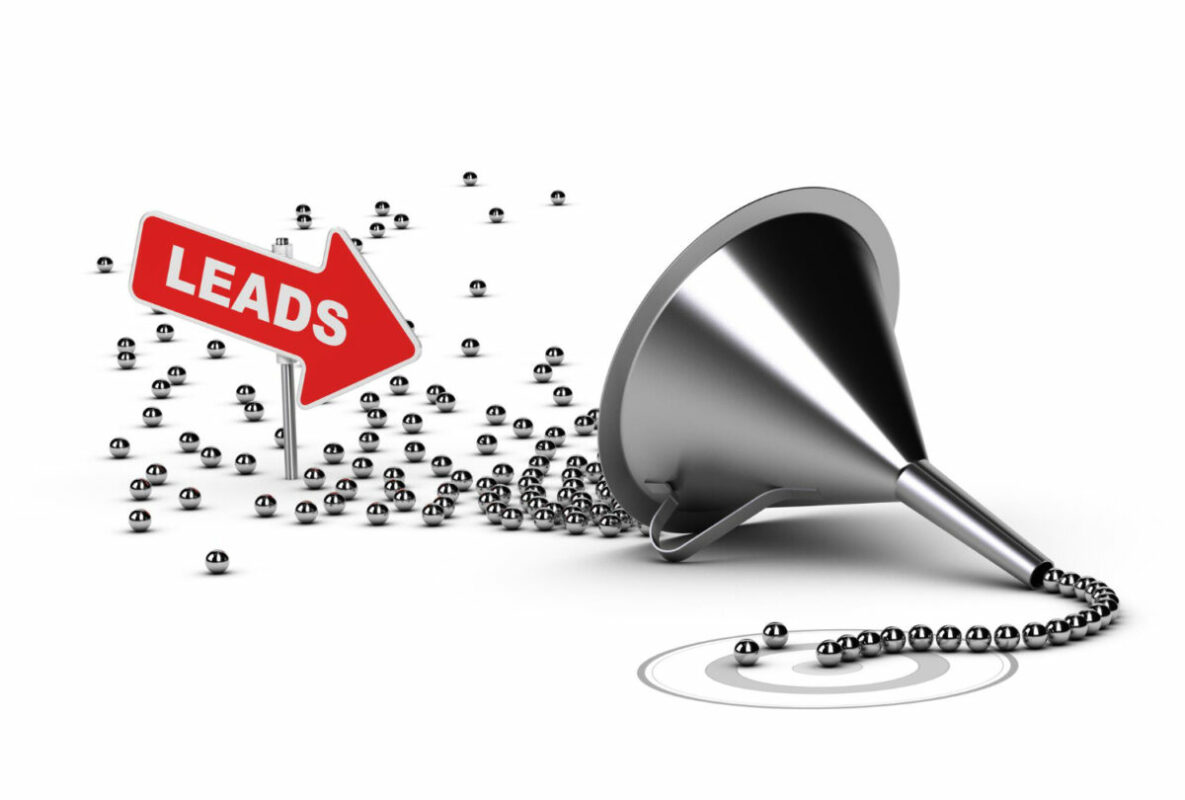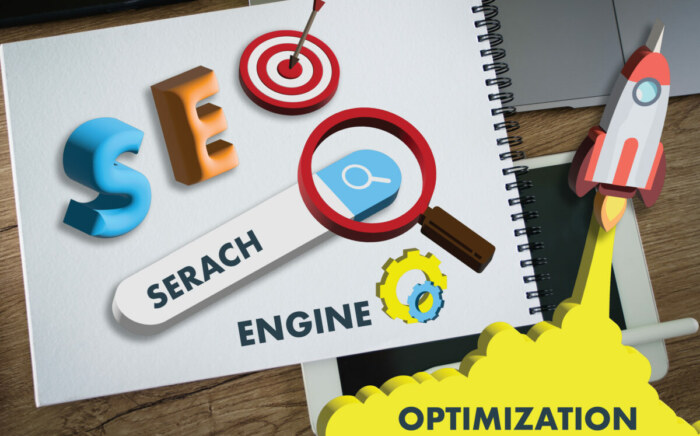Introduction Ever paused to wonder why your marketing efforts aren’t driving as many leads as you’d hoped? Perhaps the answer lies in the efficacy of your landing pages. Before diving into that, let’s first understand the essence of lead generation and landing pages.
Background on Lead Generation In the digital age, attracting potential customers has transformed into an art and science known as lead generation. It’s the process of stimulating interest in your products or services and converting that interest into a database for sales.
Introduction to Landing Pages Landing pages, on the other hand, are the unsung heroes in this equation. These are the webpages where visitors “land” after clicking on a marketing campaign, be it a Google AdWords ad or a Facebook post.
The Anatomy of a Successful Landing Page Crafting an effective landing page isn’t just about a pretty design. It’s a combination of various elements, each serving a unique purpose.
- Headline and Subheadline: The first thing users see. They need to be compelling enough to keep the visitor engaged.
- Main Image or Video: Visual content that gives context or explains the product or service.
- Key Benefits or Features: Why should the visitor care? What’s in it for them?
- Testimonials or Social Proof: Humans trust humans. Displaying testimonials can increase trust.
- Clear Call-to-Action: What action do you want the visitor to take? This should be clear and compelling.
Why Landing Pages are Crucial for Lead Generation Landing pages aren’t just another page on your website. They serve specific purposes, especially in lead generation.
- Targeted Content for Specific Audiences: Ever heard the saying, “One size doesn’t fit all”? This is especially true in marketing. Landing pages allow you to tailor content to specific audiences, increasing relevance and conversion likelihood.
- Removal of Distractions: Unlike a typical webpage that has numerous links, a landing page is focused, usually having one clear call-to-action.
- Tracking and Data Collection: Want insights into your audience’s behavior? Landing pages offer tracking tools to understand visitor actions better.
Landing Pages vs. Regular Webpages: Understanding the Difference While both are webpages, their goals differ significantly.
- Design and Layout: Landing pages are designed for conversions, emphasizing the call-to-action, while regular webpages might prioritize information or navigation.
- Purpose and Goal: The main goal of a landing page is conversion (signing up, purchasing, etc.), whereas a regular webpage might aim to inform or entertain.
- Conversion Focus: Every element of a landing page is optimized for conversion, from content to layout.
Top Benefits of Landing Pages in Lead Generation Investing in landing pages can supercharge your lead generation efforts.
- Higher Conversion Rates: With targeted content and clear CTAs, conversion rates are generally higher.
- Efficient Ad Spend: Directing your paid traffic to optimized landing pages ensures a better ROI.
- Personalized User Experience: Providing content tailored to different audience segments improves engagement.
- Building Trust with Potential Customers: Offering value, showcasing testimonials, and ensuring a professional design can build trust quickly.
Mistakes to Avoid with Landing Pages Not all landing pages are created equal. Avoid these pitfalls:
- Overwhelming the User: Too much information can lead to decision paralysis.
- Lack of Clear Call-to-Action: Ensure your CTA stands out and tells the user exactly what to do.
- Not Mobile-Friendly: In a mobile-first world, not optimizing for mobile is a cardinal sin.
Conclusion In the digital orchestra of lead generation, think of landing pages as your lead vocalist. Their performance can make or break your lead generation strategy. Invest time, creativity, and resources in crafting stellar landing pages, and watch your leads soar.
FAQs
- What is a landing page?
- A landing page is a standalone webpage designed for a specific marketing campaign, focusing on a single conversion goal.
- How is a landing page different from my website’s homepage?
- A homepage provides an overview of your business and offers multiple pathways for exploration. In contrast, a landing page has a single focus – conversion.
- Do I need a landing page if I have a website?
- Yes! While your website provides general information, a landing page is tailored for specific campaigns, increasing chances of conversion.
- How often should I update my landing pages?
- Regularly. Monitor their performance and tweak elements based on data to optimize results.
- Can I have multiple landing pages?
- Absolutely! In fact, businesses often have multiple landing pages targeting different audience segments or campaigns.




